How a product smells affects how we respond to it. So it comes as no surprise that fragrances are an integral part of more than 25 product categories – from cosmetics such as perfumes, creams and deodorants to household products like detergents and cleaners. Indeed, the global fragrance ingredience market was worth over eight billion dollars in 2021.
Of the approximately 3,000 fragrance ingredients that exist, the vast majority are not produced sustainably. They are based on fossil resources and usually rely on energy-intensive production methods, or in rare cases involve the use of materials obtained from rare plants and endangered animals.
Freideriki Michailidou believes it’s about time for this to change. The 31-year-old Greek native works as a lecturer and researcher in the Laboratory of Toxicology run by ETH Zurich Professor Shana Sturla and was most recently a junior fellow at Collegium Helveticum. Michailidou wants to use the latest biochemical techniques to create new – and most importantly, sustainable – fragrances from natural and renewable raw materials.
This allows her to combine her passion for perfumes, which she makes in her free time from essential oils, with her professional scientific interest in green chemistry: “I can’t and don’t want to imagine a world without perfumes, but future production should be made more environmentally benign.”
An early fascination for natural sciences
Freideriki Michailidou, Frida to her friends, grew up in the city of Ioannina in northern Greece. By the time she was nine, she had already developed a love for natural science, playing with her chemistry set and devouring every issue of National Geographic she could get her hands on. Her mother is a teacher and encouraged her to pursue her passion for science. “I knew from an early age that I wanted to become either a chemist or a biologist,” Michailidou says.
She ultimately settled on chemistry, studying in Thessaloniki, Lyon and St. Andrews, where she researched biocatalysis in the course of writing her doctoral thesis. This is a technology that uses enzymes and living microorganisms as catalysts for chemical reactions. “In nature, enzymes facilitate a host of chemical reactions. This is an inherent property of enzymes that we can make use of in the lab,” Michailidou says.
Biocatalysis was suddenly on everyone’s lips back in 2018, when Frances Arnold shared the Nobel Prize in Chemistry with George Smith and Gregory Winter for her work on the directed evolution of enzymes. Many people still hope that this is what will make the chemical industry greener. One of them is Michailidou, who after working for a brief spell in industry and then as a postdoc in Münster, came to ETH Zurich as a Marie Skłodowska-Curie Fellow in 2019. Even back then, it was already Michailidou’s ambition to use biocatalysis to produce new, sustainable fragrances.
Perfumes made from rare flowers
To expand the range of available fragrances, Michailidou chose an arduous path. She decided to analyse and mimic the properties of rare flowers that grow only on Greece’s highest mountain, Mount Olympus, where they emit unique fragrances.
Nobody else had ever decoded the scents of these particular flowers. In addition to growing at over 2,100 metres above sea level, they are protected under conservation laws that prohibit people from picking them. “The challenge was to collect the volatile scent molecules, which normally attract bees and other pollinators, without damaging the plant,” Michailidou explains.
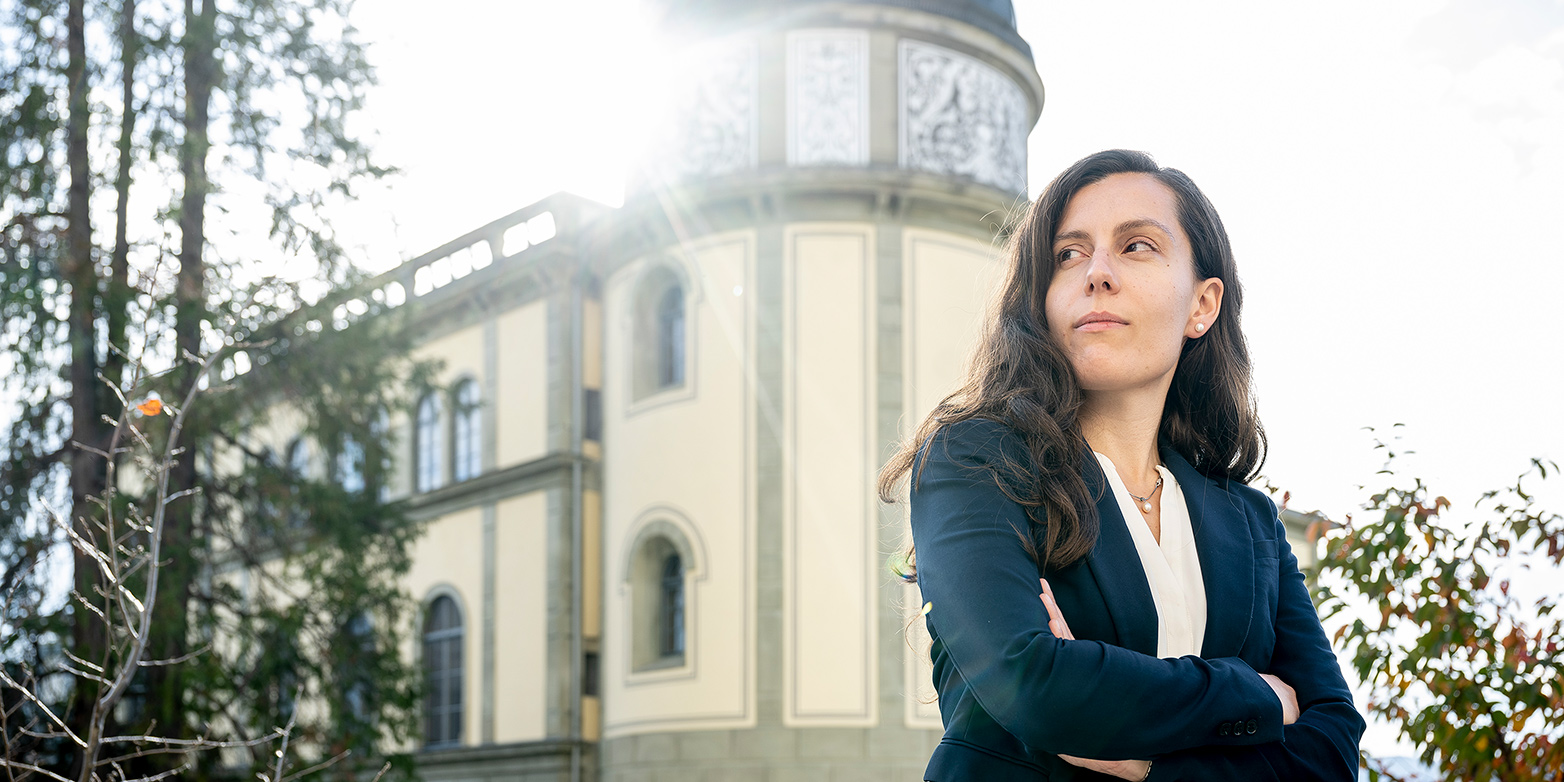
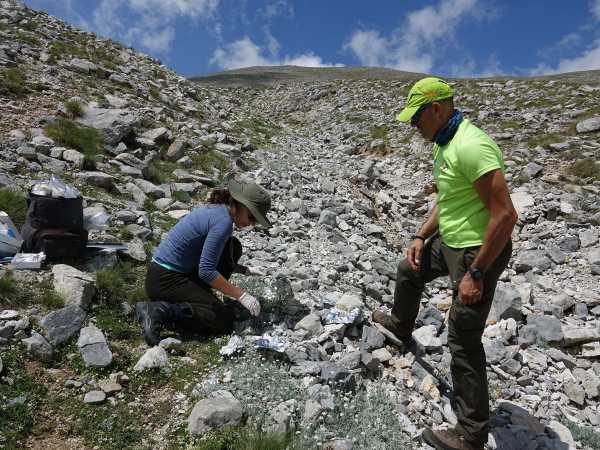
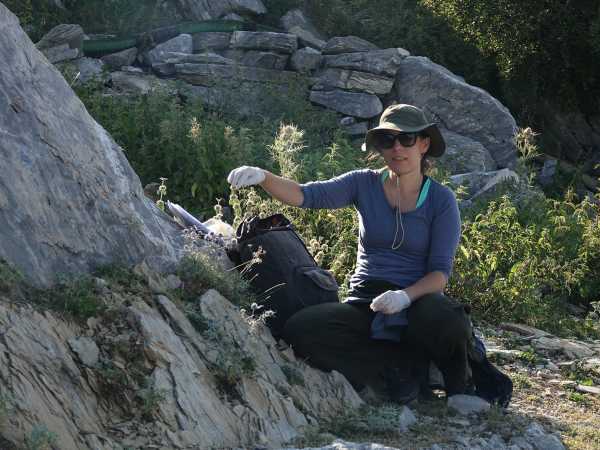
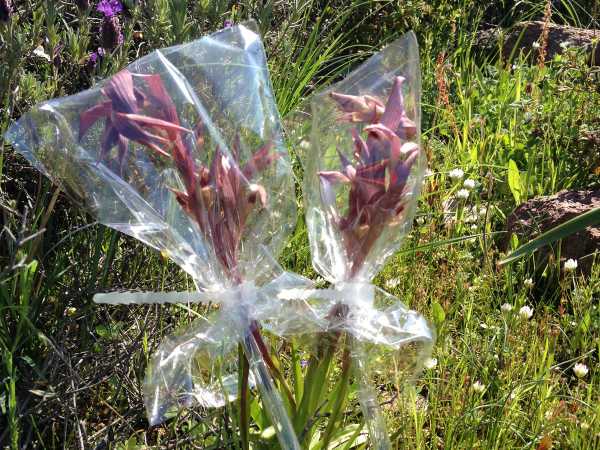
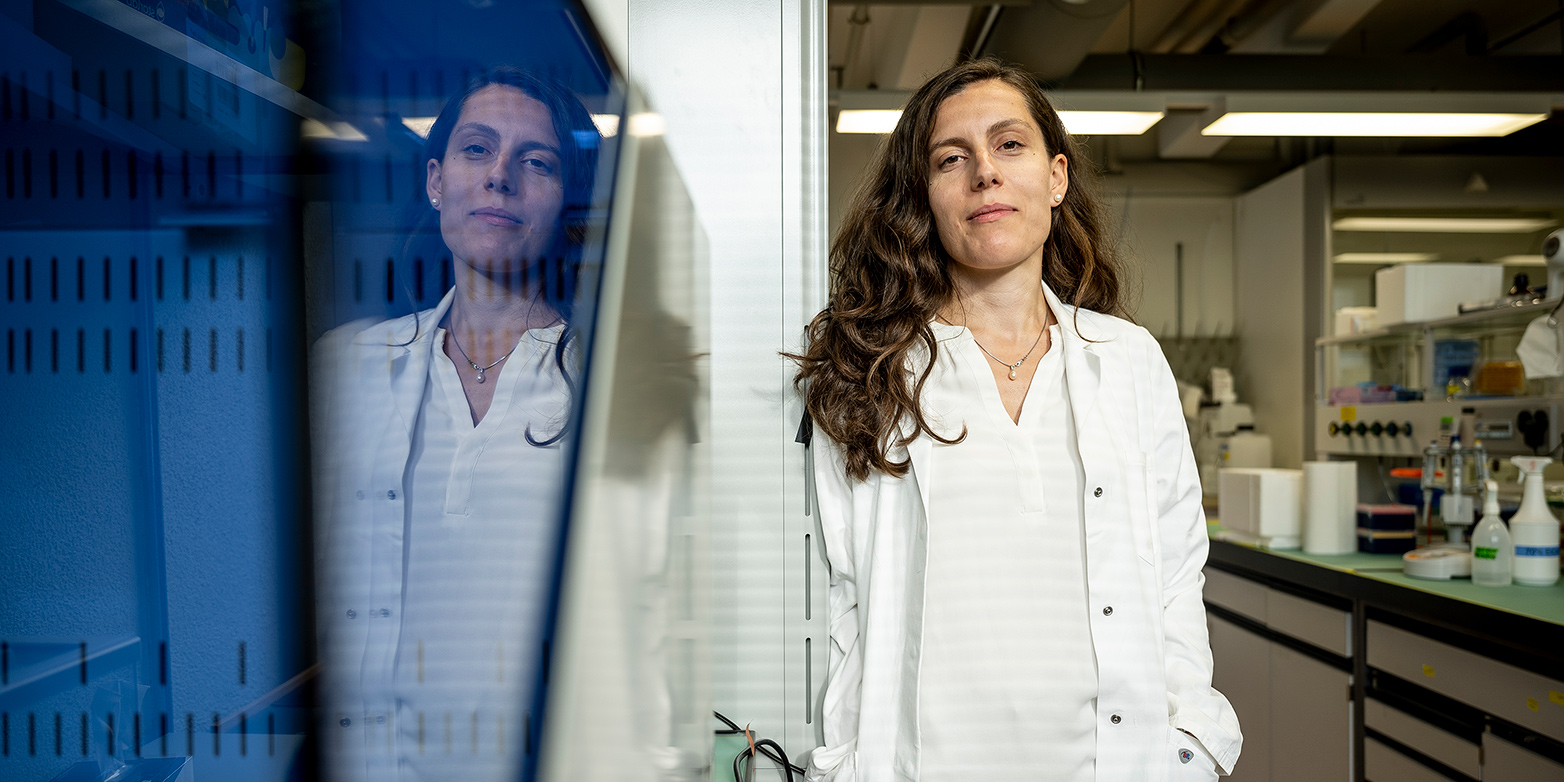
Comments
No comments yet